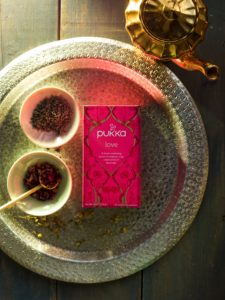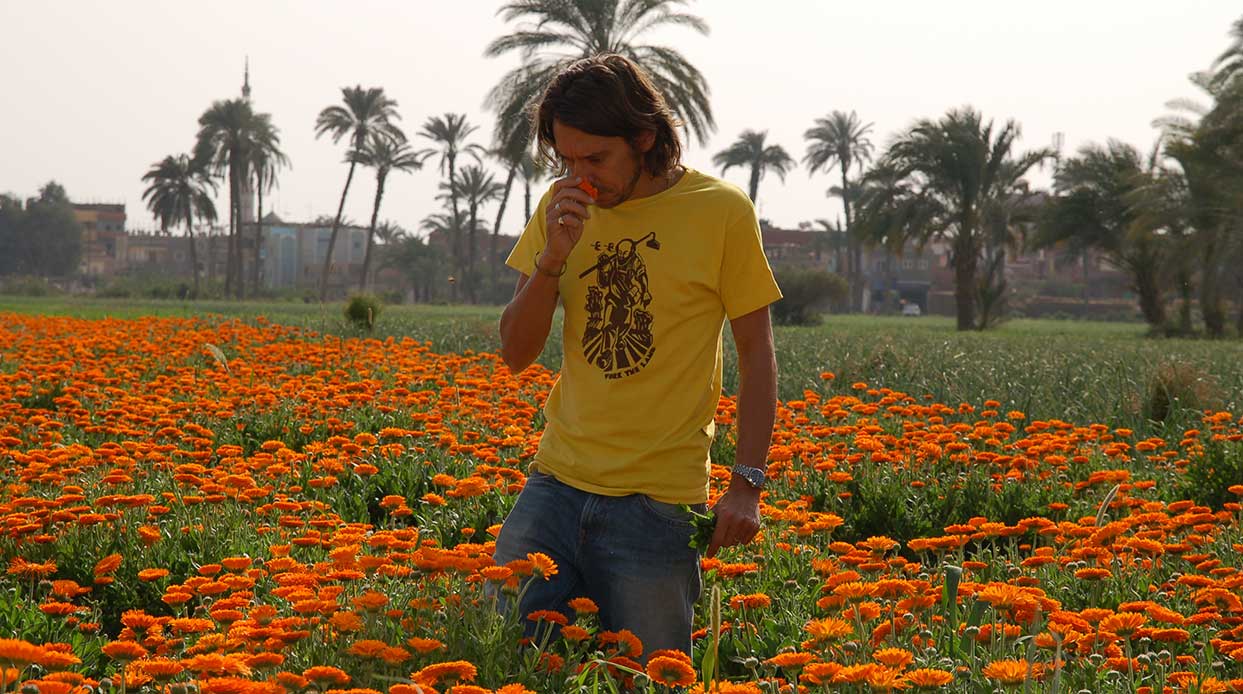
10 Aug A Spot of Tea with Sebastian Pole, Herbal Director and Founding Partner of Pukka Herbs, The Organic Ayurvedic Herb Specialists
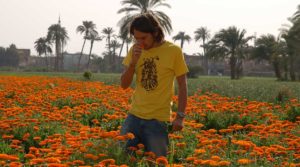
Levitating Monkey: What lead you to become interested in Indian Philosophical and Spiritual traditions, eventually pursuing a degree in Hindi and Religious Studies?
As I reignited my childhood fascination with Gaia-Nature I learnt that India offered a world view that reflected respect for the sacredness of all existence. Having grown up in the ‘western reductionist-materialistic world,’ it was inspiring to meet a culture that offered such a different and life-affirming view of the possibilities in life. I now realize that this was more theory than reality, but the intentions and teachings within much Indian philosophy is a positive one. Along with most countries, India has an appalling environmental record, but within its spiritual teachings it offers insights for directly accessing our higher consciousness – where we can live with awareness, inspiration and compassion – somewhere I aspire to live as much as I can.
Levitating Monkey: As an author, (A Pukka Life, Ayurvedic Medicine, Discover the True You with Ayurveda) and Master Herbalist, how did you come to start Pukka Herbs in 2001 with your business partner, Tim Westwell? How did the two of you meet?
After returning to the UK from my Indian adventures to study Ayurvedic, Chinese and Western herbal medicine, I began teaching yoga and working on an organic herb farm. I wanted to help awaken people to the wonders of herbs and knew that by growing the herbs organically, developing relationships with the growers, using medicinal grade herbs and blending them according to Ayurvedic principles we could bring something really special to people – a cup of tea that does good for everyone who touches it.
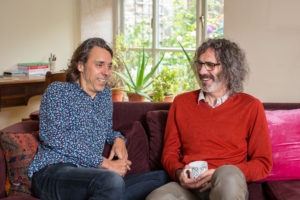
Sebastian Pole and Tim Westwell, Pukka Herbs
Meanwhile, Tim had been looking to step out of the corporate world to find a way to express his passion for nature and desire to contribute to a more positive world using his business skills. Tim, who had also turned to herbs to successfully treat a long-term condition, decided to place an advert in the classified section of Bristol’s Venue magazine. Perhaps there was someone with a creative idea who could help…
The advert ran for two weeks and Tim received one response, from me.
Levitating Monkey: With an Ayurvedic Treatment Clinic in Bath, UK, having been practicing Ayurveda since 1998, were you always interested in Ayurveda and Herbs? (Did you always know that you wanted to be an herbalist?
I spent my early twenties, after getting my degree in Hindi and Religious studies, wandering around India, learning yoga, becoming a vegetarian, sleeping under the stars and walking for weeks in the Himalayas. I was searching hard to find what my life was all about. These were wild and formative times. After a couple of U-turns I realized I wanted to spend my life working with plants and people. The dream of becoming an Ayurvedic practitioner and herbalist became a huge inspiration in my life.
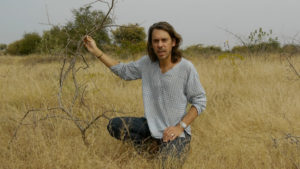
Sebastian Pole with Guggul, one of Ayurveda’s most endangered plants
Levitating Monkey: With your Clinic, you specialize in skin, digestive and gynecological ailments. What are some of the most common ailments you treat?
As a herbalist you work with lots of complex and difficult-to-treat problems that may not have had such success with conventional medicine. It’s not so much the disease that you treat, but the person. Nearly everyone will receive some type of cleansing, nourishment and then rejuvenation. One person’s indigestion may have an entirely different cause and cure than someone else’s, so it’s very important to be specific to the individual’s needs. Herbalism can really make a positive contribution to healing most illnesses so eczema, psoriasis, acne, ulcerative colitis, gastric acidity, menstrual irregularities and menopause are commonly treated in my clinic.
Levitating Monkey: Pukka means ‘real, authentic or genuine’ in Hindi. A theme that fits well with Pukka’s mission of awakening people to the incredible power of herbs and creating a business centered around mutual benefit. Can you share with us a few ways you have been able to actualize these dreams of sharing the benefits?
I wanted to reach millions of people, so that their lives could be touched by the wonders of herbs. I thought that if at least they drank something delicious, or used a herb that helped their health, they would feel more positive about herbal medicine.
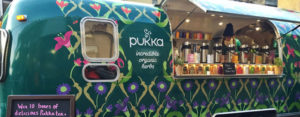
Pukka’s roaming HQ, Herbie the Herbship
Conservation through commerce has always been a key focus for us. Through making sure that every Pukka tea we create is 100% organic certified, we felt we could bring some protective value to nature. By ensuring all of our wild collected herbs are FairWild certified – professionally auditing the herbal resources available on a sustainable basis and paying all the collectors of wild herbs above market prices, we could help protect the dwindling eco-systems.
Lastly, by making organic farming practices worth more than soil-destroying conventional methods we could incentivize conservation of the earth, whilst bringing all of the goodness of organic pesticide-free, medicinal grade herbs into people’s lives. That’s why everything we create is 100% certified organic and we are members of 1% For the Planet where we give 1% of our turnover to environmental charities; over $500,000 last year.
Levitating Monkey: Having spent a number of years working on an organic herb farm, what was the one thing that struck you most about cultivating and farming the natural world?
Given my eclectic background of organic farming, speaking Hindi and Ayurvedic herbs it seemed like an obvious idea to try and set something up in India. So I began making speculative trips around India to farms in the middle of nowhere looking for herbs. I assumed that it would be like the UK, where herbs grow as part of hedgerows and the wild habitats on farms, and I was right. On the farms were lots of herbs, such as amla, gotu kola and tulsi. They rarely grew in any ordered way, needed organic certification and there were no drying facilities, but the herbs were there. It was the start of a long and inspiring journey.
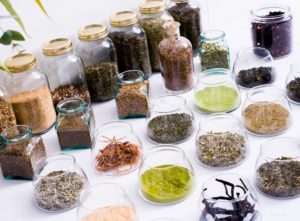
Pukka Matcha Launch at the October Gallery in London. Image credit to: JonCraig.co.uk
The benefits of organic farming in contrast with conventional farming are huge; there is 50% more biodiversity in terms of wild flowers and insects on organic farms – organic farming literally enhances life. It means farmers and insects are not poisoned by pesticides. It means that soil fertility is built to tackle the dangers of soil erosion and water table decline. All in all, my long and inspiring journey into organic herb growing, has taught me that organic is one of the best ways to secure a healthy planet as well as delicious food and herbs for all.
Levitating Monkey: Can you share a bit about how Pukka had all its teas certified as ‘fair’ through a new program called “Fair for Life”?
We want everyone involved to benefit from working with us, so we have worked hard over the years to pioneer new ways to ensure that we’re making a genuine contribution to global equality, poverty and the environment by pioneering ethical trade.
That is why all our teas meet the exacting Fair for Life standard – the gold standard in fair and ethical trade. Fair for Life is one of the fairest, most equitable and transparent fair trade systems in the world.
You’ll see the Fair for Life logo on all our packs of tea. This is a guarantee that at least 20% (and often far more as 50% of our volume is certified fair trade) of the herbs in each tea blend are grown according to Fair for Life standards. You’ll always be able to spot the certified ingredients, as well as the overall percentage they represent on our packaging. Fair For Life is the coolest fair trade system as it ensures that everyone in the supply chain is audited and approved – from the farmer all the way through to how we look after everyone at Pukka.
Levitating Monkey: In your book, A Pukka Life, Finding Your Path to Perfect Health, you encourage folks to create a Personal Rejuvenation Plan filled with simple ways to feel joy and vibrance in our daily lives. There’s a beautiful quote, where you talk about “One of the things I love about Ayurveda is that it is not concerned with what is good or bad. Following its practices does not involved denying yourself a treat or a drink (or whatever your preference might be); it’s about learning about who you are, what you need and being true to yourself. And, in my experience, this changes from moment to moment. This is your goal: to learn what is right for you, at any stage in time- no ‘shoulds’, just choices that serve you.” With so many of us feeling “stuck in our ways,” can you share a few simple techniques on how we can become “unstuck” and know what is right for us at any given moment?
- Understand you.
At the core of Ayurveda is you, the individual, and your unique set of physical, mental and spiritual characteristics – known as your dosha. It sounds obvious, doesn’t it? You know your unique body and psychology better than anyone, so understanding it is the key to your own health and wellness. Try our dosha quiz here https://www.pukkaherbs.com/our-mission/ayurveda/dosha-quiz/
By taking your dominant dosha(s), Ayurveda offers insights into which foods, herbs, and lifestyle activities will enhance the quality of your life, and which ones won’t; leaving you empowered to make choices that will protect your physical health, your mental balance, and your spiritual wellbeing.
- Slow down.
None of us are immune to the pressures of modern life, whether it be work deadlines, the daily commute or just simply never having enough hours in the day. All this can overwhelm the body’s ability to cope leading to insomnia, tiredness, anxiety, depression and even physical illness. Just as we need to support and train our physical body to make it strong and resilient, we also need to support our mind – so taking a mindful moment to step out of this world is a vital way to look after yourself.
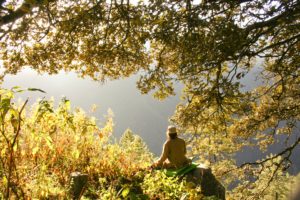
Sebastian Meditating
I love a simple cup of our Relax tea. It’s a blend I made 15 years ago to help balance vata dosha- its made with chamomile, ginger, fennel, cardamom, oat straw flowering tops, marshmallow root and licorice to help calm digestion and relax your nervous system.
- Let your hair down and have a laugh!
Researchers from the University of Oxford believe the ability to belly laugh was unique to early humans, enabling our ancestors to form much larger tribal groupings than the ape-like species that lived alongside them. Studies have also shown that laughter can decrease cortisol, the hormone associated with stress. There’s no doubt that laughing raises your spirits and heartbeat, giving you an instant energy boost that’s good for your immune system too. A great Indian adage says, ‘Sau rogon ka dawai, hason! Yeh hain mera bhai’, which means ‘There is medicine for one hundred diseases, but laughter is my healing brother!’
Levitating Monkey: Beyond teas, Pukka also makes supplements. Was this always part of the plan or did it just kind of happen organically? What are the top three most popular herbal teas you sell and why do you think they are your top-sellers?
Shortly after launching the first teas, we began to capture the full potency and vitality of nature in the form of herbal dietary supplements. Through combining my herbal knowledge with the latest advances in science we created a powerful new range of herbal supplements which would shortly become internationally recognized as the benchmark in quality plant based food supplements. We have concentrated whole plant extracts of herbs ranging from ashwagandha to brahmi and triphala to turmeric.
Some years ago we set ourselves the challenge of finding a method of capturing all of the goodness in a plant, whilst doing it in a more energy-efficient and environmentally sound way. We have achieved this and has coined it ‘Wholistic’ as we use different techniques to ensure we capture the water-soluble and fat-soluble spectrum of natural compounds. Wholistic extracts add to the potency, absorbability and sustainability of the ingredients used.
Levitating Monkey: If you have to pick just one, what’s your favorite variety of Pukka tea?
I’m not very good at hierarchies, so I’ll have to choose a group. The first three teas we ever created; Relax, Revitalize and Mint Refresh (formerly known as Refresh), will always be very special to me. Blended in my kitchen in England and made using Ayurvedic principles to suit different wellbeing needs – with a special focus of Relax on vata for the nervous system, of Mint Refresh on pitta for digestion and of Revitalize on kapha for metabolism and immunity. These good friends of mine are the first three teas in our colorful portfolio of 43.
Pukka has launched an entire range of products dedicated to the wondrous spice, turmeric. Can you share with us the top uses you see for turmeric and why it’s such an amazing herb?
Turmeric is a spice that is most commonly known as a culinary ingredient in Asian and Indian cookery. It adds depth of flavor, and the yellow-orange color to dishes such as curries. But turmeric does much more than make our food taste delicious. Yogis have been topping up on this super-spice thanks to its ability to keep joints healthy and supple. And Ayurvedic practitioners in India have been recommending it for over 4,000 years as a powerful herb for invigorating circulation, healing deep traumas and alleviating pain. Turmeric is so revered in India that she is also known as The Golden Goddess.
Modern research has shown that this remarkable spice may have an extensive range of health and beauty benefits thanks to its incredible antioxidant and microcirculatory properties. Studies have shown that the unique compounds found in turmeric can protect the body from premature aging and support everything from a healthy brain and liver, to enhancing the clarity and radiance of skin.
How are you looking to expand your range of supplements? I read that it has a lot to do with the magical herb, shatavari whose nickname is ‘she of a 100 husbands.’
Shatavari is one of my favorite herbs and has earned the nickname of ‘the woman who has a 100 husbands.’ Shatavari’s properties are used to rejuvenate the female reproductive system, building the volume and quality of menstrual blood and assist fertility. Its nourishing and cooling properties are also perfect for alleviating the dry-hot flushes of menopause as well as the burning irritation of urinary infections.
Shatavari features in our new Women’s range of both teas and supplements – including our Womankind Tea-, simply because of its profound benefits for female health. It will support during different female life stages, including PMT, pregnancy and menopause.
Levitating Monkey: This last question is one we ask all our Experts to respond to, as it’s our way of providing a bit of uniformity to all our interviews. If you could impart three key life lessons to others on their (spiritual) path, what would they be and why?
I’m not sure I am entirely qualified for this but from my experience they would be:
- Be kind to yourself- you’re already incredible
- Practice regularly – trees grow tall from strong roots
- Bask in the wonder – marvel at the majesty of nature
—
About Sebastian Pole
Sebastian Pole Lic OHM, Ayur HC is an Ayurvedic Practitioner and Chinese Herbalist working in Bath in the UK. He is a member of the Ayurvedic Practitioners Association and Director of the Pharmacopoeia Committee as well as a member of the Register of Chinese Herbal Medicine. Sebastian is also the Herbal Director and founding partner of Pukka Herbs, The Organic Ayurvedic Herb Specialists. Learn more about Sebastian and Pukka Herbs by visiting his site.
Shop the Article
-
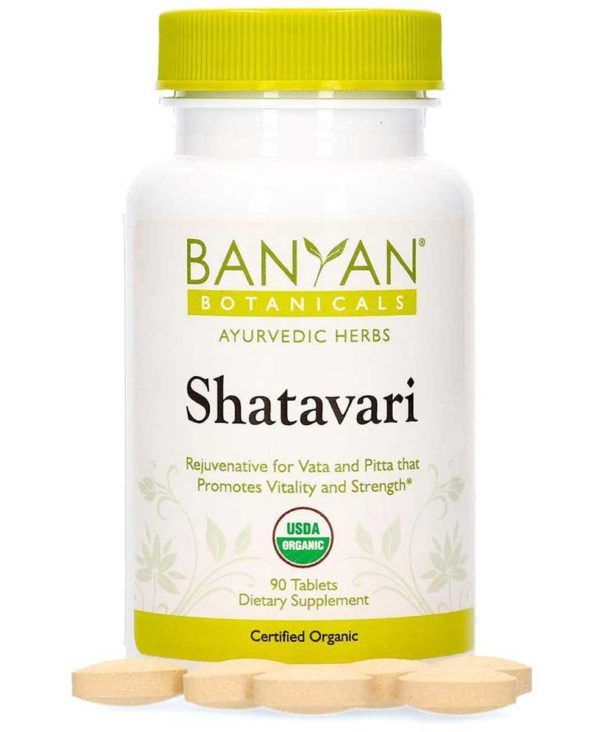 Banyan Botanicals Shatavari Supplements
Banyan Botanicals Shatavari Supplements -
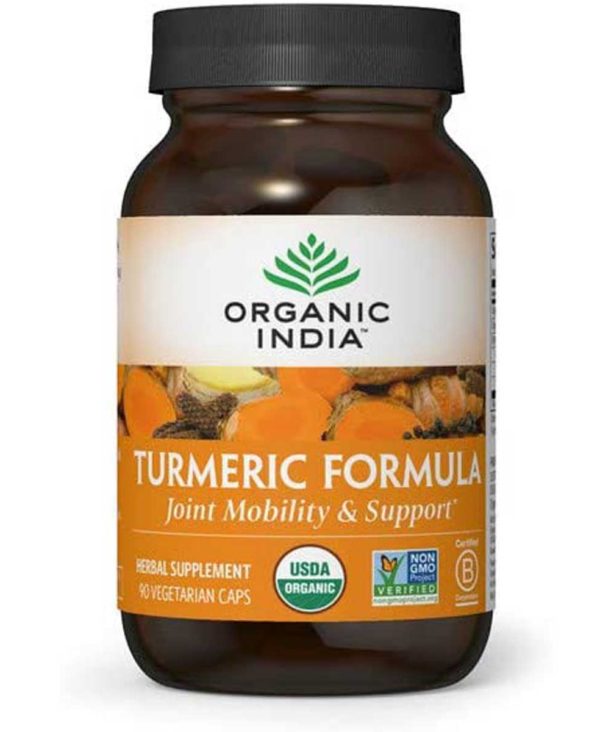 Organic India Turmeric Herbal Supplement
Organic India Turmeric Herbal Supplement -
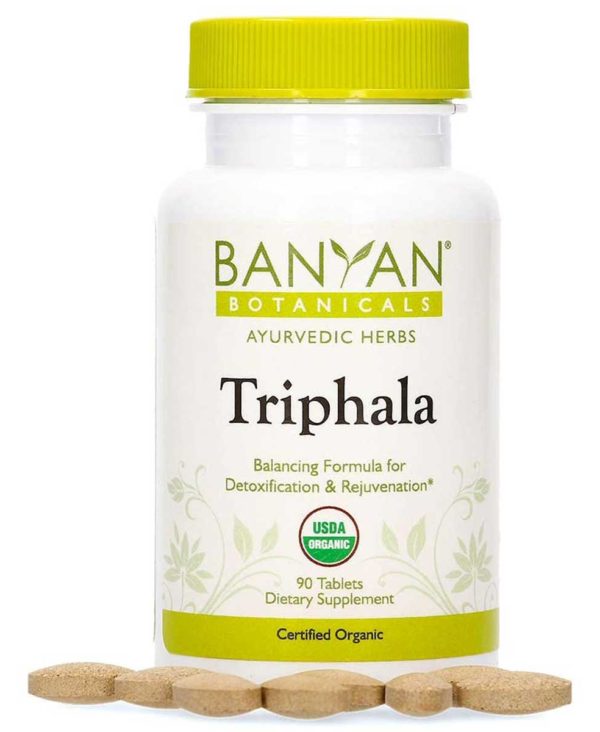 Banyan Botanicals Triphala Tablets
Banyan Botanicals Triphala Tablets -
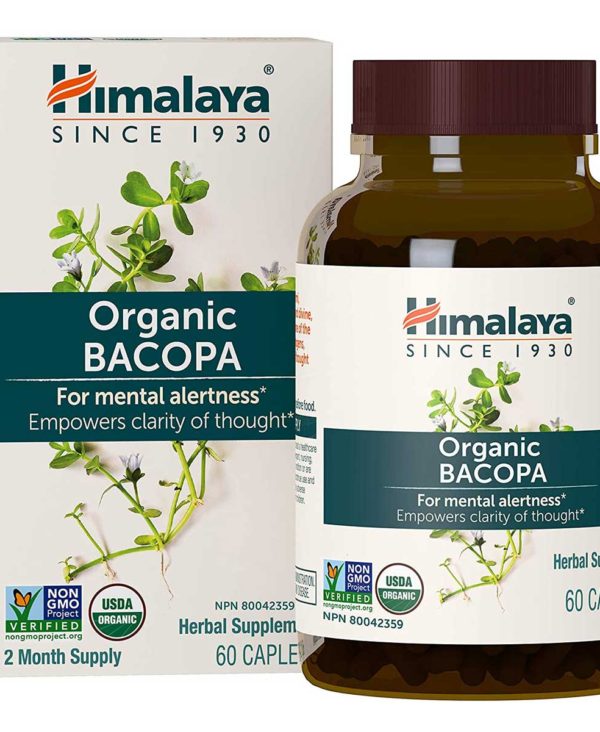 Himalaya Organic Bacopa Monnieri/Brahmi
Himalaya Organic Bacopa Monnieri/Brahmi -
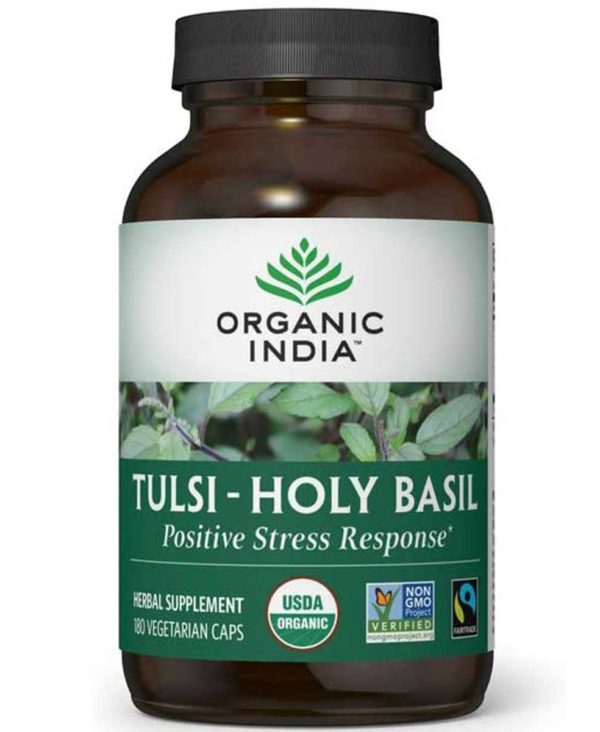 Organic India Tulsi Herbal Supplement
Organic India Tulsi Herbal Supplement -
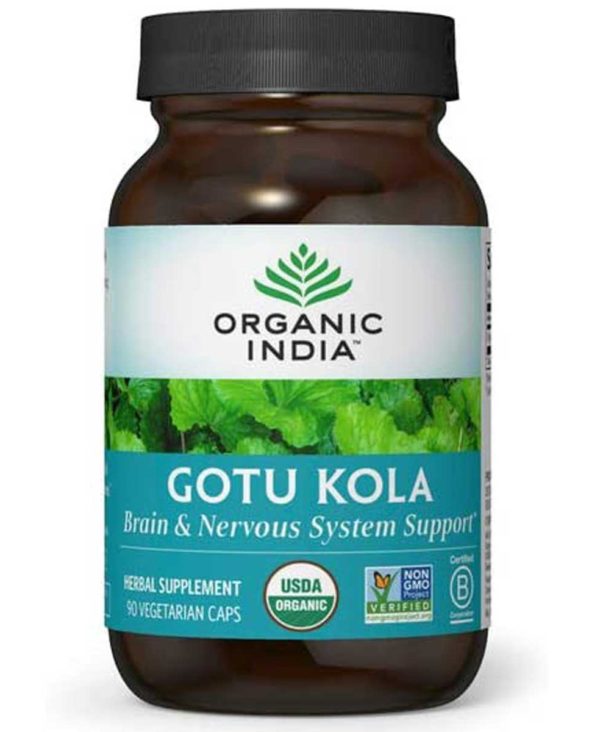 Organic India Gotu Kola Herbal Supplement
Organic India Gotu Kola Herbal Supplement -
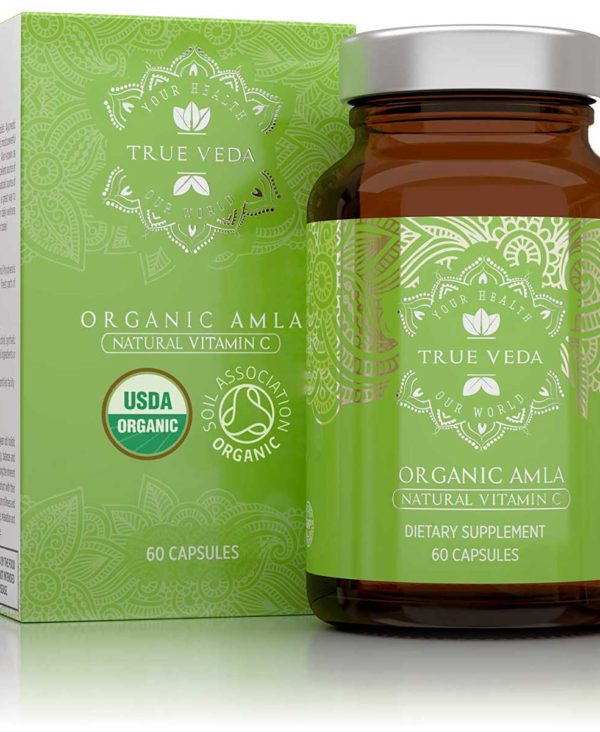 Organic Amla Vitamin C Capsules
Organic Amla Vitamin C Capsules -
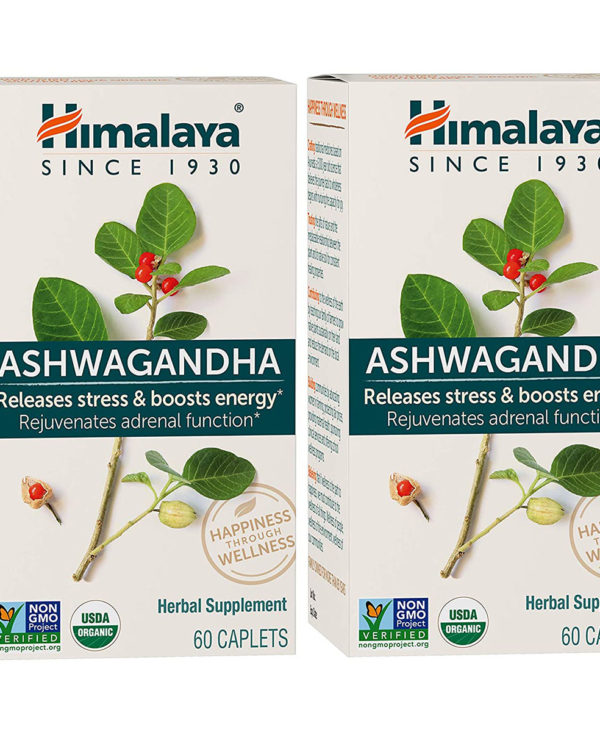 Himalaya Organic Ashwagandha 670 mg 60 Caplets
Himalaya Organic Ashwagandha 670 mg 60 Caplets
----
Support the Monkey
Every product in our articles and interviews is independently selected by (obsessive) editors. Products you buy on Amazon through our links feed the Monkey. Commissions from your Amazon purchases are crucial for us to continue to provide you with the content you love.
Supporting the Monkey costs you nothing – but it is dependent on using our Amazon links.
Click here to go directly to the AMAZON.COM Homepage


